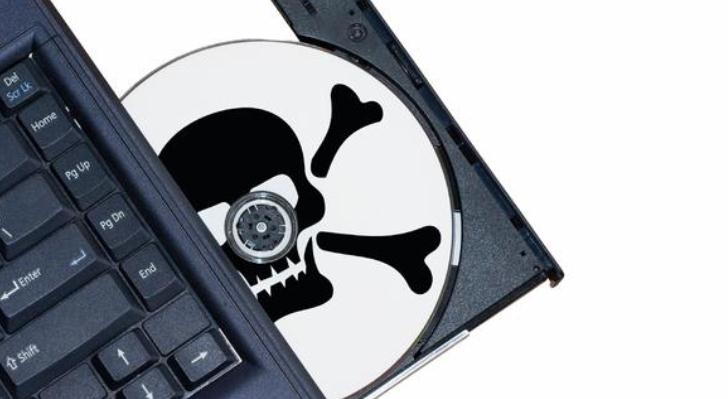Microsoft Windows 10's updated Services Agreement: the beginning of the end of pirated software
Article 7 of Microsoft Windows 10’s Services Agreement, is still making the rounds, as Microsoft seems to have decided for a tougher stance against piracy, and an active one at that.
The section in question of the MSA reads as follows:
"b. Sometimes you’ll need software updates to keep using the Services. We may automatically check your version of the software and download software updates or configuration changes, including those that prevent you from accessing the Services, playing counterfeit games, or using unauthorized hardware peripheral devices. You may also be required to update the software to continue using the Services. Such updates are subject to these Terms unless other terms accompany the updates, in which case, those other terms apply. Microsoft isn’t obligated to make any updates available and we don’t guarantee that we will support the version of the system for which you licensed the software."

The popular theory, for lack of better clues, is that the update to the document constitutes impending plans for the company to actively prevent all unauthorized/illegal software from running. Pirated games, software and apps from the Windows Store could be subject to scrutiny and removed/disabled by the operating system itself, using (speculatively) a special algorithm, or similar form of authentication mechanism.
While waiting for Microsoft to set the record straight, other theories have been advanced, to where Windows 10 will prevent access and disable apps, but only within the realm of Xbox Live and Windows Store.
The latter theory seems far more realistic, for two reasons:
First of all, it’s very difficult to identify illegal software running on any computer, because most pirated software doesn’t have to be necessarily modified, to be able to run.
For instance, applications that require authentication from a cloud server, such as Adobe, or Autodesk software, can be “tricked” into accepting counterfeit authentication, sometimes by cutting communication between the software application and the server, and providing fake credentials.
This practice makes it harder for Windows processes to use narrow criteria on what constitutes illegal software, except in such case when as the operating system is able to detect the presence of “software cracks”, which is specialized software designed to modify the operating system’s registry and other components, and even then, Windows, or any other operating system, would have trouble determining whether the presence of a such application is tied to a particular application installed on the system.
Microsoft cannot possibly take on the responsibility to check newly created software licenses on software from third parties, and the margin of error would be so great that it would be impossible to apply correct criteria to disable third party software, without affecting a number of other apps that aren’t pirated.
The second reason takes into consideration the fact that the article in question is included into the MSA and not in the End User License Agreement, with is a much more broad document. The MSA, pertains to services specifically provided by Microsoft, such as Xbox games, Universal Apps and other products specific to Microsoft Windows.
No, this is not a free pass for software pirates
Just because it’s currently unlikely that Microsoft will be able to determine whether third party software running on a computer is legal or not with necessary accuracy, it doesn’t mean that software makers won’t be up to the task and willing to work with Microsoft, and even Apple, to create a standard authentication method for their software, capable of running through Microsoft Windows 10, or Apple servers, in the future.
This scenario, however, might apply only to software makers of more sizable applications, such as Adobe CC, AutoCAD and other more advanced apps commonly used in professional settings, where the company that creates the software would have to develop OS-specific redundancies baked into the installer, to routinely check the authenticity of software licenses.